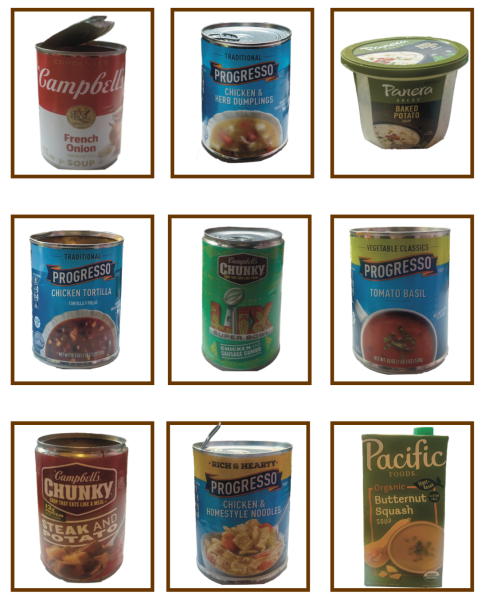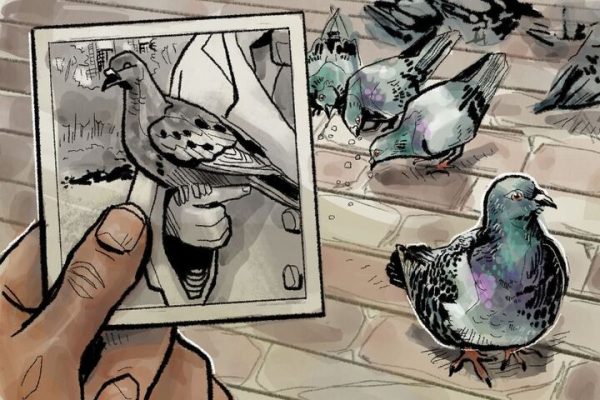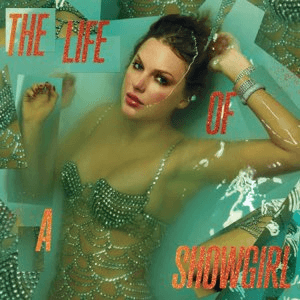‘A day of reflection, a day of teaching:’ Resources to better understand race in America
A new mural goes up in downtown Wichita to celebrate Martin Luther King Jr Day on January 18. “The mural is titled ‘lift your voice’, and I just hope everyone’s encouraged to use your voice to stand up for what’s right,” said Priscilla Brown, Wichita artist. The mural is located right next to the Pop Up Park in downtown Wichita.
Martin Luther King Jr. Day, an annual federal holiday since 1986, celebrates the national civil rights leader who was instrumental in challenging the racial caste system in America and beyond.
In The Washington Post in 1983, Coretta Scott King provided a vision of how the holiday honoring her husband should be observed:
“The holiday must be substantive as well as symbolic. It must be more than a day of celebration . . . Let this holiday be a day of reflection, a day of teaching nonviolent philosophy and strategy, a day of getting involved in nonviolent action for social and economic progress.”
The Sunflower staff compiled a list of our favorite Martin Luther King Jr. quotes along with a list of some of the resources on racial justice and black history we’ve watched, read and listened to over the years.
We hope you will check them out.
QUOTES BY MARTIN LUTHER KING JR.
- “I must confess that over the past few years I have been gravely disappointed with the white moderate. I have almost reached the regrettable conclusion that the Negro’s great stumbling block in his stride toward freedom is not the White Citizen’s Counciler or the Ku Klux Klanner, but the white moderate, who is more devoted to ‘order’ than to justice; who prefers a negative peace which is the absence of tension to a positive peace which is the presence of justice.”
— Letter from Birmingham, Alabama jail, April 16, 1963
- “Change does not roll in on the wheels of inevitability, but comes through continuous struggle. And so we must straighten our backs and work for our freedom.”
- “I have the audacity to believe that peoples everywhere can have three meals a day for their bodies, education and culture for their minds, and dignity, equality and freedom for their spirits. I believe that what self-centered men have torn down, other-centered men can build up.”
— Martin Luther King’s Acceptance Speech, Nobel Peace Prize in Oslo, December 10, 1964
- “Power without love is reckless and abusive, and love without power is sentimental and anemic. Power at its best is love implementing the demands of justice, and justice at its best is power correcting everything that stands against love.”
— Where Do We Go from Here: Chaos or Community? 1967
- “In the end, we will remember not the words of our enemies, but the silence of our friends.”
- “The function of education is to teach one to think intensively and to think critically. Intelligence plus character — that is the goal of true education.”
- “We are caught in an inescapable network of mutuality tied into a single garment of destiny. Whatever affects one directly affects all indirectly. We are made to live together because of the interrelated structure of reality.”
— Trumpet of Conscience. 1968
- “The ultimate measure of a man is not where he stands in moments of comfort and convenience, but where he stands at times of challenge and controversy.”
— Strength to Love. 1963
- “We have also come to this hallowed spot to remind America of the fierce urgency of Now. This is no time to engage in the luxury of cooling off or to take the tranquilizing drug of gradualism. Now is the time to make real the promises of democracy.”
—”I Have A Dream” speech in Washington, D.C., August 28, 1963
- “Our lives begin to end the day we become silent about the things that matter.”
- “Injustice anywhere is a threat to justice everywhere.”
- “We must learn to live together as brothers or perish together as fools.”
— March 22, 1964, speech in St. Louis.
- “It is not enough to say we must not wage war. It is necessary to love peace and sacrifice for it.”
- “Keep moving, for it may well be that the greatest song has not yet been sung, the greatest book has not been written, the highest mountain has not been climbed. This is your challenge! Reach out and grab it… but there is something we can learn from the broken grammar of that mother, that we must keep moving. If you can’t fly, run; if you can’t run, walk; if you can’t walk, crawl; but by all means keep moving.”
— Spelman college rally in Sisters Chapel, Spelman College Museum April I960.
- “It is not enough to say ‘We must not wage war.’ It is necessary to love peace and sacrifice for it. We must concentrate not merely on the negative expulsion of war, but the positive affirmation of peace.”
— Anti-War Conference, Los Angeles, California, February 25, 1967.
- “I believe that unarmed truth and unconditional love will have the final word in reality. This is why right, temporarily defeated, is stronger than evil triumphant.”
— Martin Luther King’s Acceptance Speech, Nobel Peace Prize in Oslo, December 10, 1964
Resources on racial justice and black history we suggest
- Book (long essay): Letter from a Region in My Mind. Excerpts from Letter from a Region in My Mind. James Baldwin.
- Book: Savage Inequality– Children in America’s Schools . Jonathan Kozol. 1991.
- Book: Black Skin, White Masks by Frantz Fanon. 1952.
- Book: Black Women Writers (1950-1980): A Critical Evaluation. Mari Evans. 1984.
- Book: Kindred. Octavia E. Butler. 1979.
- Book: The New Jim Crow: Mass Incarceration in the Age of Colorblindess. Michelle Alexander. 2010.
- Book: The Color of Law – A Forgotten History of How Our Government Segregated America. Richard Rothstein. 2017.
- Book: Between The World And Me. Ta-Nehisi Coates. 2015.
- Book: The Hate U Give. Angie Thomas. 2017
- Book: Behold the Dreamers. Imbolo Mbue. 2016.
- Book: The Autobiography of Malcolm X. Alex Haley. 1965.
- Book: I’m Still Here: Black Dignity in a World Made for Whiteness. Austin Channing Brown. 2018.
- Book: Fearing the Black Body: The Racial Origins of Fat Phobia. Sabrina Strings. 2020.
- Book: Mules and Men — Zora Neale Hurston. 1935
- Academic Article: The Value of Lived Experience: Zora Neale Hurston and the Complexity of Race. Stephen Spencer. Studies in Popular Culture
- Vol. 27, No. 2, Studies in American Culture (October 2004), pp. 17-33 (17 pages. Published By: Popular Culture Association in the South
- Film: Missississippi Burning. 1988.
- Film: I am Not Your Negro. 2016
- Film: Do the Right Thing. 1989.
- Film: Harriet. 2019.
- Film: 13th. 2016
- Podcast: The Very Best Of Code Switch, In 8 Episodes. NPR Code Switch Podcast: https://open.spotify.com/playlist/7p9Xle8dAxL6iPPpkQTIMn (Audrey’s @akorteshares on Twitter)
- Podcast: 1619 Episode 1: The Fight for a True Democracy. Hosted by Nikole Hannah-Jones, produced by Annie Brown, Adizah Eghan and Kelly Prime, and edited by Larissa Anderson, Lisa Tobin and Lisa Chow for NYT https://nyti.ms/2ZjPI4x
- Podcast: Pod Save the People. Hosted by Deray. https://open.spotify.com/show/1Y3colnIhnNfvBcK8O9y7p?si=ck-7kEtkSNiY1xo7-xJ6fQ

Audrey Korte was a reporter and the opinion editor for The Sunflower. She hosted The Sunflower News Podcast.









